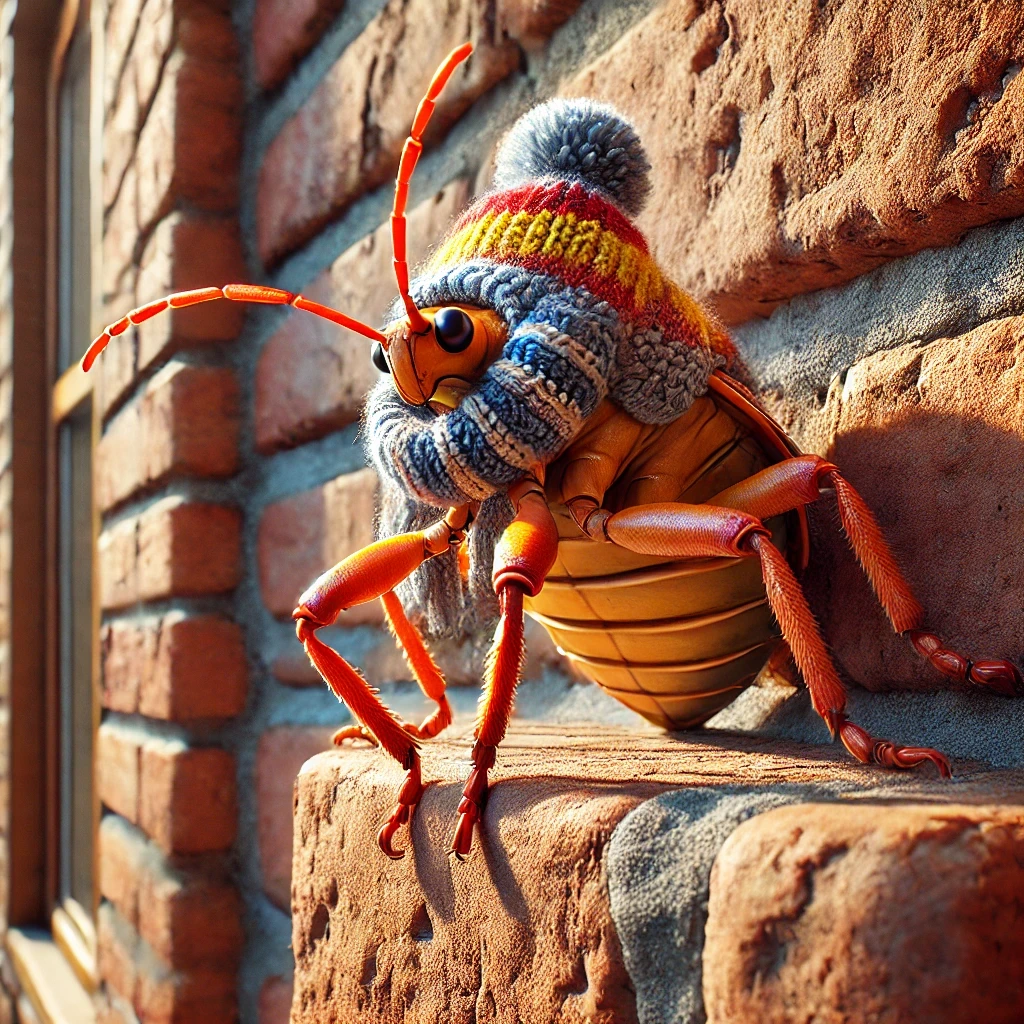Does Cold Weather Attract Bugs to Your Home?
As temperatures drop in St. Louis, you might notice an influx of bugs congregating on the warm exterior surfaces of your home. This behavior, known as "overwintering," is a survival strategy insects use to endure colder months.
Why Do Bugs Seek Warmth?
Insects are ectothermic, meaning they rely on external heat sources to regulate their body temperature. When the environment cools, their metabolic processes slow down, making it challenging to function. To combat this, many insects seek out warmth to maintain activity levels. Your home's exterior, especially sunlit walls, offers an ideal heat source, attracting bugs like ladybugs, boxelder bugs, and stink bugs. Learn more from Bob Vila.
How Do Insects Detect Warmth?
Insects possess specialized sense organs in their legs and antennae that detect temperature changes. These sensors guide them to warmer areas, such as the heated surfaces of your home. Once they find a suitable spot, some species release pheromones to signal others, leading to large congregations. Find out more at Vulcan Termite.
Preventing Insect Intrusions
To minimize insect gatherings on your home's exterior and prevent potential indoor invasions, consider the following steps:
Seal Entry Points: Use caulk or weatherstripping to close gaps and cracks around windows, doors, and siding. This limits access for insects seeking shelter. Check out these tips from Budget101.
Maintain Landscaping: Trim overgrown vegetation near your home's foundation to reduce hiding spots and discourage insects from approaching.
Manage Lighting: Since many insects are attracted to light, use yellow or sodium vapor bulbs for outdoor lighting to lessen attraction.
Regular Inspections: Periodically check for signs of insect activity and address issues promptly to prevent infestations.
By understanding why insects are drawn to the warmth of your home's exterior during colder weather, you can implement effective strategies to keep them at bay, ensuring a comfortable and pest-free living environment. If the bugs have already made themselves at home, call or text us 573.381.0799, we'd love to come take a look and come up with a plan that eliminates the pests while protecting people and pets.





